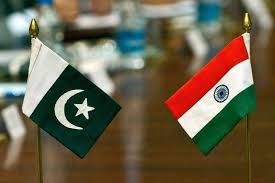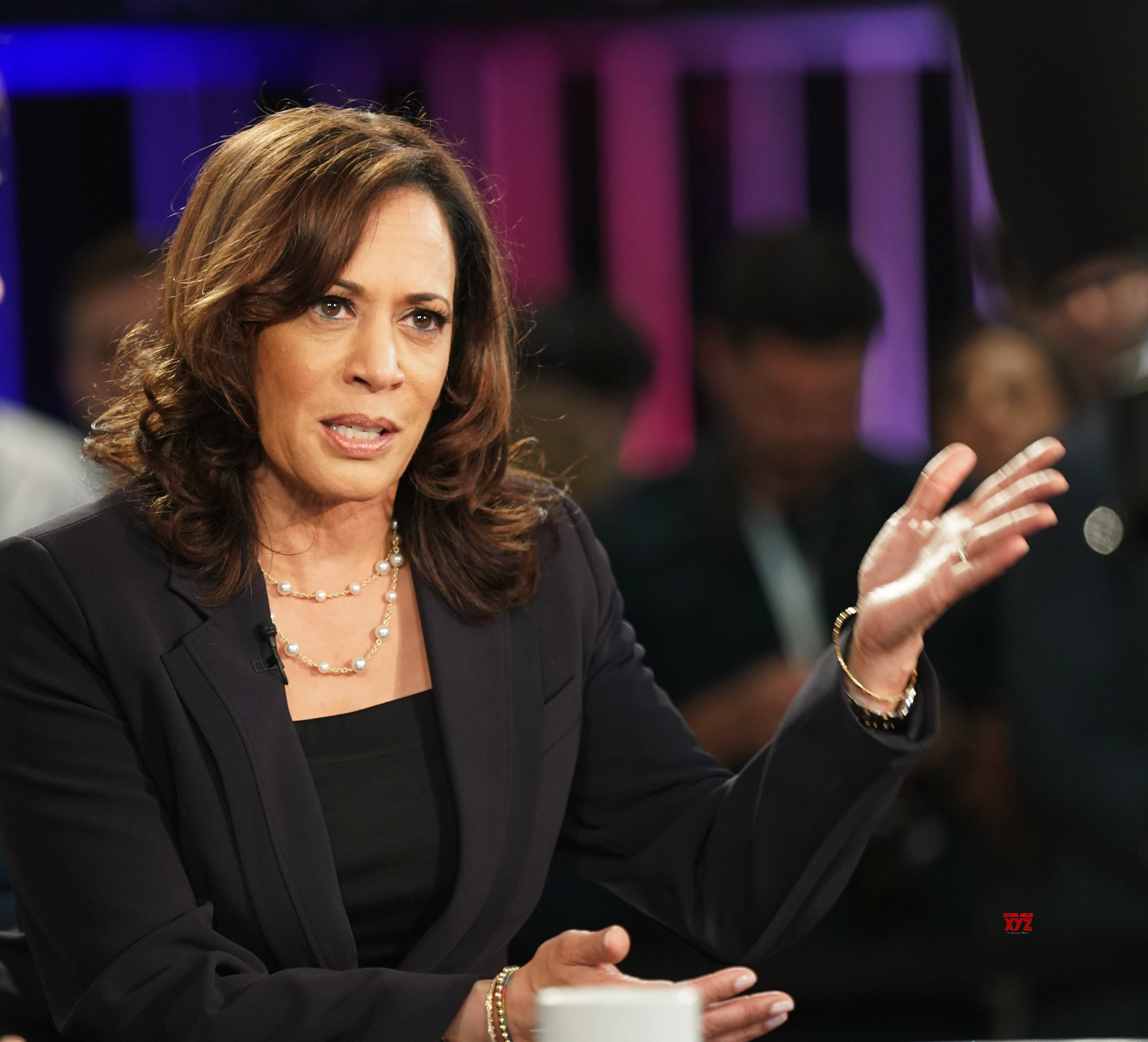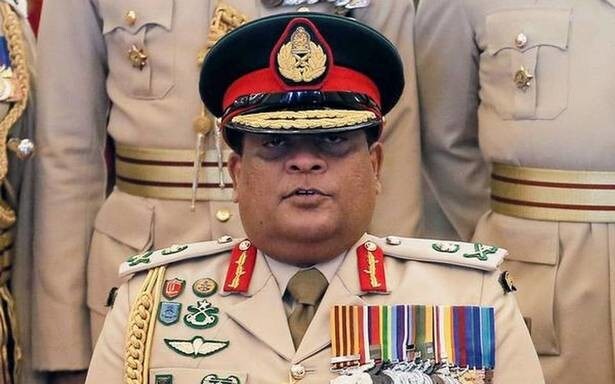 WASHINGTON: The “controlling influence” of Pakistan Army and intelligence services on Islamabad’s “core state policies” is unlikely to allow any strategic shift in its ties with India, a top expert on South Asia has suggested.
WASHINGTON: The “controlling influence” of Pakistan Army and intelligence services on Islamabad’s “core state policies” is unlikely to allow any strategic shift in its ties with India, a top expert on South Asia has suggested.
“US policymakers, for their part, have come to terms with the reality of Pakistan’s deep state. As a practical matter, they find it nearly impossible to get anything important done on security issues without working through the Pakistani military and intelligence services,” Daniel Markey, from the Council on Foreign Relations, wrote in an op-ed piece in The Cipher Brief.
This, he said, has been especially frustrating for Americans who would have opted to use their influence to tip the scales in favor of a more transparent, accountable system grounded in the constitutional rule of law in Pakistan.
“US policymakers also cite the controlling influence of Pakistan’s military, often complemented by a permanent establishment, as a reason to doubt prospects for any sort of ‘strategic shift’ by Pakistan on ties with militant proxies, relations with India, and expanding the nuclear program,” he said.
Markey said academic and policy analysts generally agree that Pakistan’s army and directorate for Inter-Services Intelligence (ISI), exert a controlling influence over most of Pakistan’s core state policies.
“This entrenched, unelected, and opaque ‘deep state’ is complemented by a near-permanent ‘establishment’ comprised of a relatively small cadre of politicians, senior bureaucrats, and well-connected business families who have led, managed, and owned most of the country since its independence in 1947,” he wrote.
Markey said questions plague any discussion of Pakistan’s foreign and defense policies. “Why is it that even when Pakistan’s top military and civilian leaders profess to be fighting terrorism in all its forms, their own intelligence institutions continue to support and provide a safe haven for anti-Indian and anti-Afghan terrorists, like Lashkar-e-Taiba and the Haqqani network?”
“Why have Pakistani diplomats repeatedly failed to ink trade deals with their Indian counterparts, even when civilian leaders in Islamabad claim to favor them? Why wasn’t Pakistan’s elected president (Asif Ali Zardari) free to reassess Pakistan’s nuclear doctrine despite his 2008 claim to be doing precisely that?” Markey asked.–PTI






